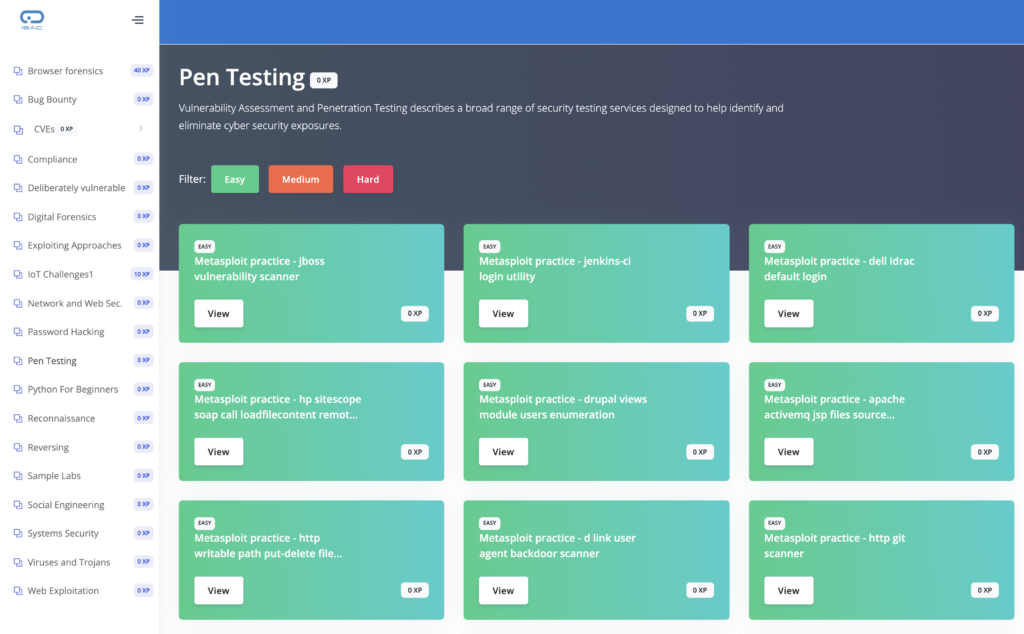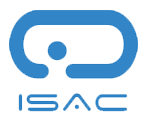NSD Certified
Malware Analyst (NCMA)
The NSD Certified Malware Analyst program is a 62 hours unique opportunity offered by ISAC to experienced cybersecurity enthusiasts to get trained in the beautiful and mesmerizing world of reversing and malware analysis.
Program available on GeM.
Unlock Lifetime Access to ISAC Certifications with Complimentary Training and Free of cost Online Internship: pay only for certification and lab costs.
Our advanced technical training program is available on demand for groups of at least 10 participants. For further details, please contact us.
Delivery Partner

Learn everything to get started as Malware Analyst.
Program Outline
- Initial Infection Vectors and Malware Discovery
- Sandboxing Malware and Gathering Information From Runtime Analysis
- Introduction to the Portable Executable (PE) and Executable and Linkable format (ELF) File Format
- Identifying Executable Metadata and Executable Packers
- Assembly Language Primer
- Assembling a Toolkit for Effective Malware Analysis;
- Examining Static Properties of Suspicious Programs;
- Performing Behavioral Analysis of Malicious Windows Executables;
- Performing Static and Dynamic Code Analysis of Malicious Windows Executables;
- Interacting with Malware in a Lab to Derive Additional Behavioral Characteristics
- Low-Level Software;
- Program Structure;
- Low-Level Perspectives;
- Understanding Core x86 Assembly Concepts to Perform Malicious Code Analysis;
- Reversing Introduction;
- Registers and Flags; A Primer on Compilers and Compilation;
- Identifying Key Assembly Logic Structures with a Disassembler;
- Following Program Control Flow to Understand Decision Points During Execution;
- Recognizing Common Malware Characteristics at the Windows API Level (Registry Manipulation, Keylogging, HTTP Communications, Droppers);
- Extending Assembly Knowledge to Include x64 Code Analysis
- Interacting with Malicious Websites to Assess the Nature of Their Threats;
- Deobfuscating Malicious JavaScript Using Debuggers and Interpreters;
- Analyzing Suspicious PDF Files;
- Examining Malicious Microsoft Office Documents, Including Files with Macros;
- Analyzing Malicious RTF Document Files
- Recognizing Packed Malware;
- Getting Started with Unpacking;
- Using Debuggers for Dumping Packed Malware from Memory;
- Analyzing Multi-Technology and File less Malware;
- Code Injection and API Hooking; Using Memory Forensics for Malware Analysis
- How Malware Detects Debuggers and Protects Embedded Data;
- Unpacking Malicious Software that Employs Process Hollowing;
- Bypassing the Attempts by Malware to Detect and Evade the Analysis Toolkit;
- Handling Code Misdirection Techniques, Including SEH and TLS Callbacks;
- Unpacking Malicious Executable by Anticipating the Packer’s Actions identifying and defeating anti-disassembly techniques, anti-debugging techniques, anti-VM techniques and code obfuscation.
- Behavioral Malware Analysis; Dynamic Malware Analysis (Using a Debugger);
- Static Malware Analysis (Using a Disassembler);
- JavaScript Deobfuscation;
- PDF Document Analysis;
- Office Document Analysis;
- Memory Analysis;
- Reverse engineering higher level languages (Python, Java and .NET bytecode)
Program Outcome
Develop expertise in analyzing malware through dynamic and static methods, including memory forensics, unpacking, and code injection techniques.
Learn to navigate executable formats (PE, ELF), assembly code, and common malware behaviors like registry manipulation and HTTP communications.
Master bypassing anti-debugging, anti-disassembly, and obfuscation tactics to analyze sophisticated malware and assess embedded threats across document and file types.
The course is best suited for:
- Security Researchers
- Students and Professionals keen in Forensics Investigations
- Security Teams
- Law Enforcement Agencies
- Military and police personnel
What You Get
Get 60 days access to course videos on the e-learning portal.
60 Day access to Cyberange Virtual Labs (ID/Password will be sent via email)
Get listed in the National Security Database program at the Falcon level by completing the program.
The Examination includes two free attempts, allowing candidates a second chance to improve their scores or deepen their understanding without additional costs. This benefit supports candidates in achieving certification with confidence and flexibility.
PROGRAM
Features & Benefits
Hands- On with Cyberange Virtual Labs

Get 60 Days access to Cyberange Virtual Labs for hands-on practice:
Penetration Testing Labs
Social Engineering Labs
Malware Labs
Cyber Forensic Labs
Password Cracking Labs
Bug Bounty Labs


